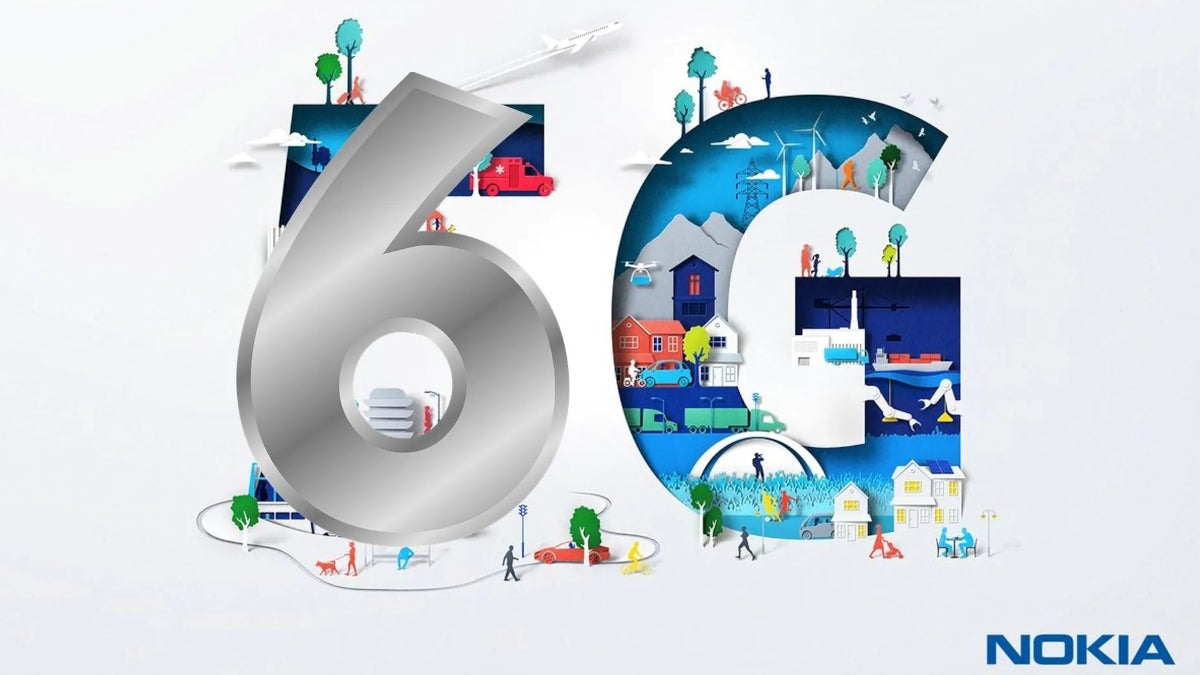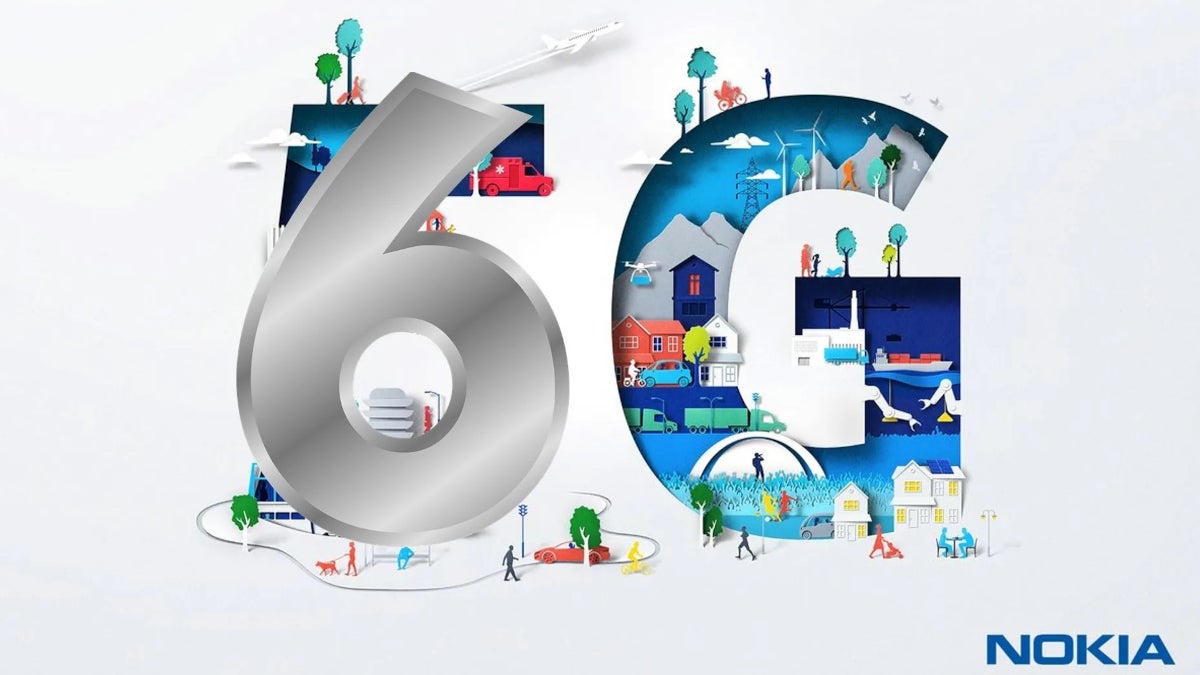beijingwalker
ELITE MEMBER

- Joined
- Nov 4, 2011
- Messages
- 65,191
- Reaction score
- -55
- Country
- Location
China stretches its 6G lead with successful tests; U.S. turns to Nokia and Ericsson
PUBLISHED: NOV 27, 2022, 2:11 PMAlan Friedman

Even though we are still in the early days of 5G connectivity, it isn't too early to start the development of 6G. And as it did with 5G, Chinese companies are ahead of the pack when it comes to the next generation of wireless. A recent report by ITHome (via GizChina) revealed that Chinese handset and telecom gear manufacturer ZTE, along with the country's Ministry of Industry and Information Technology (MIIT) ran a sample test of some technology that will be important for the creation of 6G.
ZTE provided some of the staff and equipment used in the tests. The five tests that ZTE took part in included:
- 6G distributed autonomous network and digital twin network concept sample
- 6G computing power network key tech concept sample
- 6G terahertz key tech concept sample
- 6G communication perception integration key tech concept sample
- 6G intelligent metasurface tech concept sample
And the report stated that the results of the tests were good. But again, we are still years away from being able to talk about 6G in a way that would allow us to compare its potential to 5G. Besides China, 6G research is going on in the U.S. and Europe. In the states, Chinese telecom firms like Huawei and ZTE are banned so the U.S. is turning to Ericsson and Nokia. Ericsson has recently announced that it will invest millions of pounds into 6G research in the U.K.
Last year, the China National Intellectual Property Administration (CNIPA) announced that the country had taken the early lead in 6G related intellectual property. The CNIPA claimed that out of approximately 38,000 patents related to 6G worldwide, 13,449 or 35% came from China. The U.S. was second with 18% of the 6G patents.
Ericsson is reportedly following a ten-year plan that would lead to a commercial launch of 6G service sometime in 2030. While the standards for 6G still need to be discussed and agreed to, some believe that download data speeds might hit 1Tbps (Terabits per second) which is 1,000 times faster than the 1Gbps (Gigabits per second) that 5G mmWave networks can deliver. 6G might also be 100 times faster than the 10Gbps which is hypothetically the top speed available over 5G.
Ericsson will be publishing soon a strategy for how it plans on developing 6G. Katherine Ainley, CEO of Ericsson UK and Ireland, said, "We will establish a team of 20 high-level researchers in the U.K., and will also provide funding for students. The initial focus will be on 6G network and hardware security."
You might remember that in February 2019, then President Donald Trump sent out a tweet trying to get U.S. tech firms to start working on 6G. The tweet said, "I want 5G, and even 6G, technology in the United States as soon as possible. It is far more powerful, faster, and smarter than the current standard. American companies must step up their efforts, or get left behind."
While the wording of the tweet indicated that Trump didn't fully grasp the process required to get 6G developed, it was a call to U.S. tech firms to take the early lead in developing the technology. But this is not going to be the case as once again the early developments for 6G are coming out of China.
Before 5G has run its course, we expect it to enable self-driving vehicles, remote surgery (with the surgeon in L.A. for example, and the patient lying on an operating table in London), and many other uses that we can't even conceive of yet. So it's really impossible to even consider what might be coming once 6G speeds are available. All we can say with some degree of certainty is that the faster 6G speeds will give people the ability to do more things faster than ever before.

China stretches its 6G lead with successful tests; U.S. turns to Nokia and Ericsson
ZTE helped China's Ministry of Industry and Information Technology successfully test some 6G technology as China stretches its early lead.



